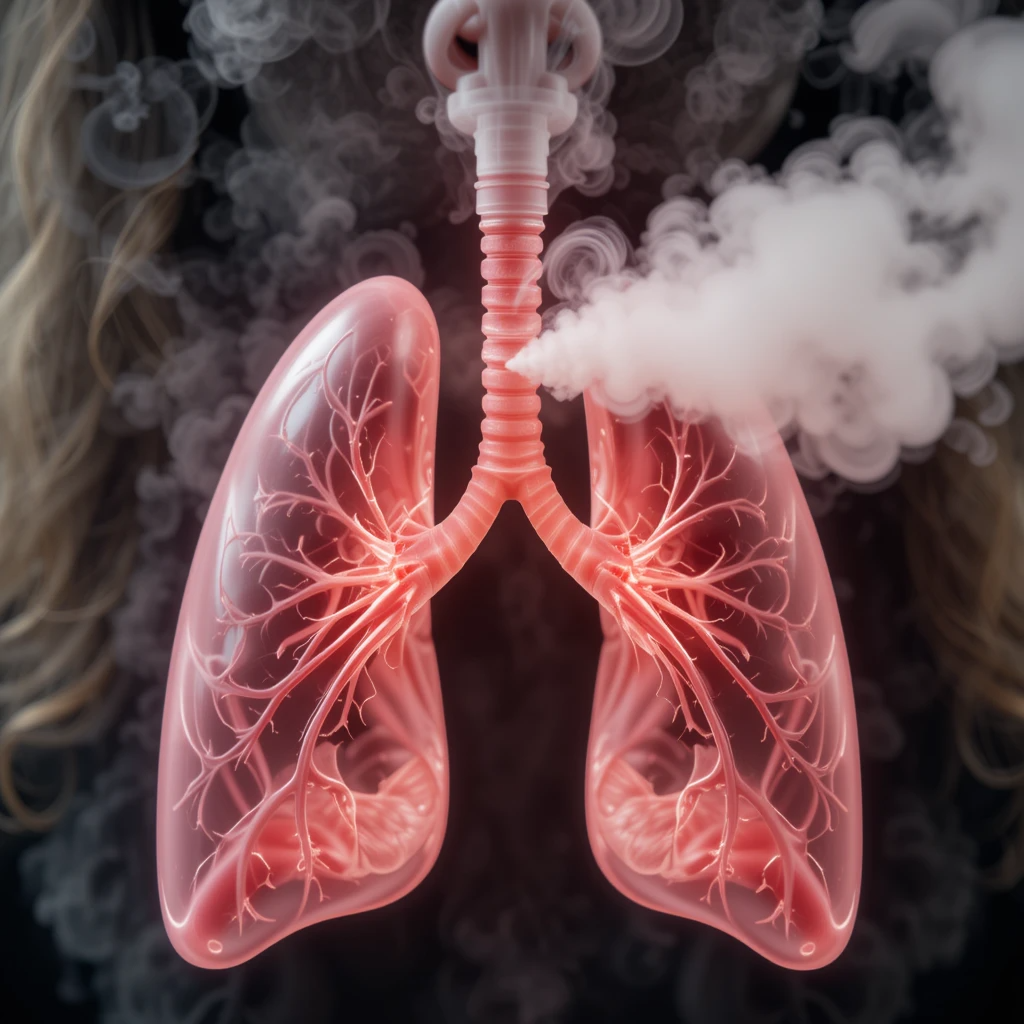Recent Studies Reveal Long Term Effects of Vaping
Recent studies have uncovered concerning patterns related to long-term health effects of vaping, particularly among adolescents and young adults. Researchers from several universities, including institutions in the United States, South Korea, and Germany, have compiled clinical and observational data indicating consistent lung deterioration and cardiovascular strain linked to habitual vaping. Although vaping was initially promoted as a safer alternative to smoking, these studies suggest prolonged use may carry its own set of health consequences. Consequently, public health authorities are reevaluating earlier assumptions. At the same time, medical professionals are calling for expanded research and revised health advisories, especially as the global vaping market continues to grow.
Recent Studies Prompt Global Research Expansion
Driven by these findings, academic institutions and health organizations have launched broader research initiatives. Their goal is to understand the full scope of vaping-related health impacts over time. These projects focus on:
Monitoring respiratory function in regular users over multiple years
Analyzing inflammatory markers in blood samples
Investigating early signs of vascular damage
Comparing outcomes with traditional tobacco smokers
Identifying risks specific to flavored or high-nicotine products
As research intensifies, collaboration between countries has become more frequent. For instance, European and Southeast Asian scientists have begun sharing data sets to identify regional trends. Through these efforts, researchers hope to influence international policy and support proactive prevention strategies.
Early Symptoms Suggest Broader Health Implications
While severe illness from vaping remains relatively rare, early indicators have emerged. Users often report chronic throat irritation, reduced aerobic endurance, and frequent coughing. Furthermore, clinicians have documented irregular heartbeat patterns in young adults who vape daily. These symptoms may appear mild at first, yet accumulating evidence indicates they can worsen with prolonged exposure. Consequently, doctors now recommend routine check-ups for users and encourage switching to less harmful alternatives when possible.
Awareness Campaigns Adapt to New Evidence
In response to growing concern, public health campaigns have adjusted their messaging. Now, they emphasize the hidden dangers that may not surface immediately. Updated campaign strategies include:
Infographics explaining gradual organ damage
School workshops outlining long-term case studies
Social media challenges highlighting recovery stories
Bilingual advisories targeting urban and rural populations
Community events with medical experts answering questions
By expanding educational outreach, health agencies aim to reduce first-time use and support cessation among current users. This preventive approach seeks to limit long-term harm before it becomes irreversible.














